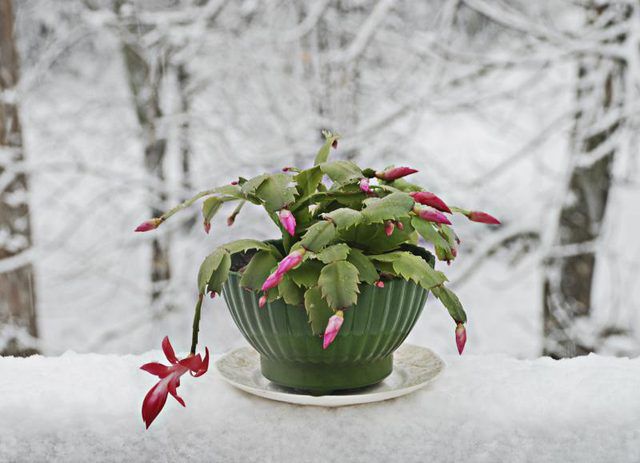Bulbs
Flower Basics
Flower Beds & Specialty Gardens
Flower Garden
Garden Furniture
Garden Gnomes
Garden Seeds
Garden Sheds
Garden Statues
Garden Tools & Supplies
Gardening Basics
Green & Organic
Groundcovers & Vines
Growing Annuals
Growing Basil
Growing Beans
Growing Berries
Growing Blueberries
Growing Cactus
Growing Corn
Growing Cotton
Growing Edibles
Growing Flowers
Growing Garlic
Growing Grapes
Growing Grass
Growing Herbs
Growing Jasmine
Growing Mint
Growing Mushrooms
Orchids
Growing Peanuts
Growing Perennials
Growing Plants
Growing Rosemary
Growing Roses
Growing Strawberries
Growing Sunflowers
Growing Thyme
Growing Tomatoes
Growing Tulips
Growing Vegetables
Herb Basics
Herb Garden
Indoor Growing
Landscaping Basics
Landscaping Patios
Landscaping Plants
Landscaping Shrubs
Landscaping Trees
Landscaping Walks & Pathways
Lawn Basics
Lawn Maintenance
Lawn Mowers
Lawn Ornaments
Lawn Planting
Lawn Tools
Outdoor Growing
Overall Landscape Planning
Pests, Weeds & Problems
Plant Basics
Rock Garden
Rose Garden
Shrubs
Soil
Specialty Gardens
Trees
Vegetable Garden
Yard Maintenance
Yellow Leaves on a Christmas Cactus
Yellow Leaves on a Christmas Cactus. Christmas Cactus (*Schlumbergera bridgesii*) can be grown in U.S. Department of Agriculture plant hardiness zones 11 and 12. Typically grown indoors, it yields colorful blossoms during the Christmas holiday season. Root rot, pot-bound roots, a lack of nutrients and too much summer sun are the most likely causes...

Christmas Cactus (Schlumbergera bridgesii) can be grown in U.S. Department of Agriculture plant hardiness zones 11 and 12. Typically grown indoors, it yields colorful blossoms during the Christmas holiday season. Root rot, pot-bound roots, a lack of nutrients and too much summer sun are the most likely causes of yellowing leaves. To diagnose the first two causes, remove the cactus from its pot and examine the roots.
Root Rot
Root rot is a fungal disease typically caused by roots sitting in water. Rotting roots will be dark brown or black, and you can easily slip off their skin. Use a sterile knife to remove them. To sterilize a knife, soak the blade for five minutes in 1 part household bleach and 3 parts water. Let it air-dry.
To water a Christmas cactus correctly, check the moisture, poke your finger into the potting mix. Water it only when the top half of the mix is dry. You need to water cactuses growing in small pots more often because the potting mix drains faster. If you live in a dry atmosphere, place the pot on a tray of moist pebbles.
Keep soil moist when the cactus is actively growing in the summer. Give it enough water in early autumn to prevent it from wilting, and stop watering in October. Water again in November. If the stems get flabby, it’s getting too much water.
After the cactus completes blooming in December, stop watering for six weeks. When new growth appears at the start of the new growing season, give the cactus fresh soil and resume watering.
Pot-Bound Roots
If the roots of your Christmas cactus are not rotted, they may be pot-bound, a term for a container filled with crowded roots that deprive a plant from getting the nutrients it needs. The roots may spiral around the root ball. Use a sterile knife to cut spiraling roots from the bottom and sides of the root ball. Repot the cactus into a pot with a clean potting soil.
To help prevent root shock from the trimming, keep the soil moist, but do not fertilize for a month.
Insufficient Nutrients
If you have been growing your cactus in a pot for several years without fertilizing it, the potting mix may be deprived on nutrients. Changing the potting mix once a year helps.
When the cactus is actively growing during the spring and summer months, add 1/2 teaspoon of 1-7-6 fertilizer formulated for cactus to 1 gallon water when you water your cactus.
Christmas cactuses need lots of magnesium. During the growing season, give your cactus a monthly application of 1 teaspoon of magnesium sulfate to 1 gallon of water. Do this in a week that you do not give it standard cactus fertilizer.
For more holiday blossoms, stop fertilizing in late September. Do not fertilize a Christmas cactus flowering until it begins growing actively in spring.
Too Much Sun
Christmas cactus is a tropical cactus that evolved in dim areas of Brazilian forests. Giving a Christmas cactus full sunlight in winter is OK, but bright sunlight during the summer can make the plant look pale and turn its leaves yellow. If you’re growing a Christmas cactus in a pot, move it out of direct sunlight in summer.